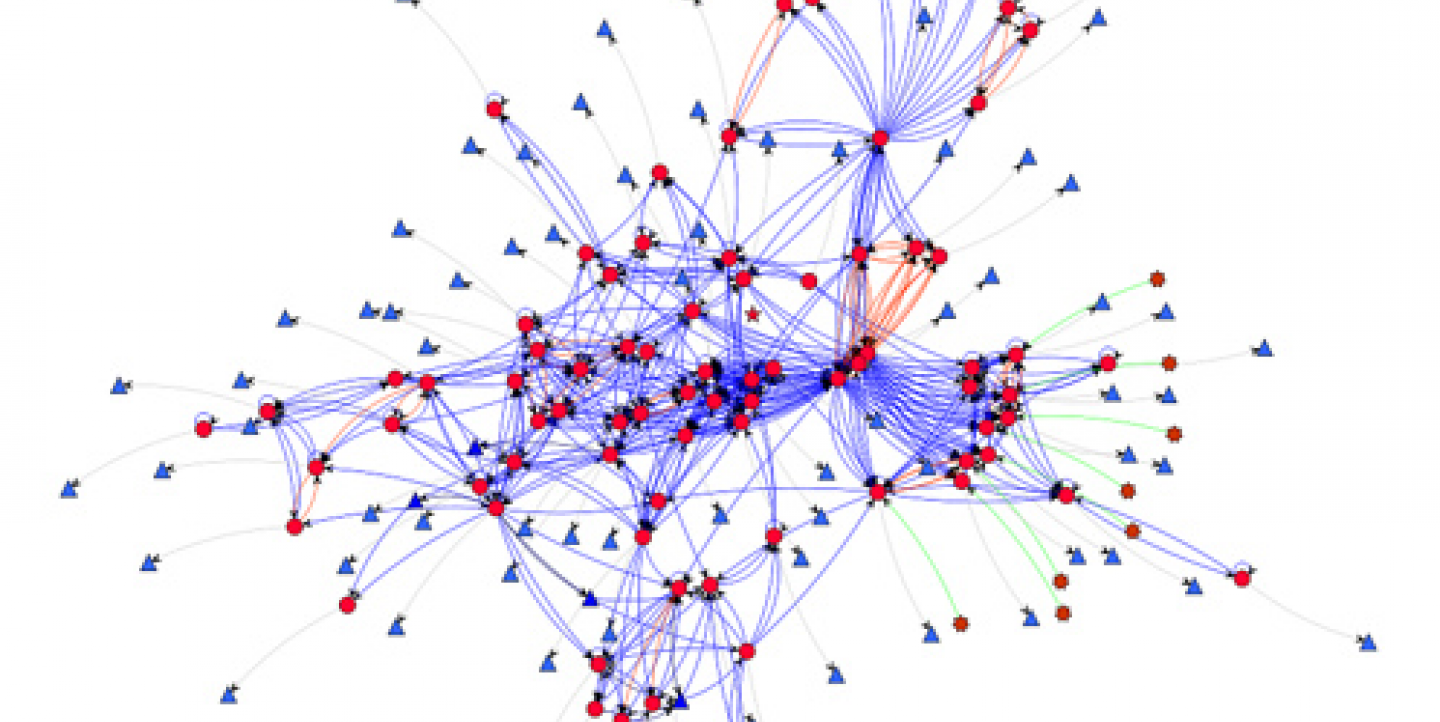The editorial team at Mozambique's @Verdade newspaper is gearing up to report on the country's municipal elections in November, and national elections next year. With 2,500 polling stations across the country to monitor, it’s a tough job for any newsroom, and especially for @Verdade’s, which has just an 11-person editorial staff.
That's where an innovative citizen reporter network comes into play.
For the first time ever, citizens are helping @Verdade to report on the election process. They’re using Citizen Desk, a new toolkit that helps news organizations incorporate citizen journalism into their work online or in print. With Citizen Desk, @Verdade can collect, verify, reward and publish reports sent by citizens through Facebook, Twitter, YouTube and SMS.
To test and perfect the new technology before election season, the @Verdade team is now visiting municipalities and polling stations and trying to engage community correspondents. They are also reaching out to local civic networks, community radio stations, international election monitors, taxi drivers and more to help form a web of reliable information about how the registration process is working.
Citizens are helping to answer questions such as: Are polling places open? Are officials present and voters free of intimidation? Is the equipment functioning correctly?
During the elections, @Verdade will use Citizen Desk to monitor various information feeds, verify the information, save notes in a contact database and then choose the best content and include it in dynamic, live articles.
@Verdade’s Editor-in-Chief, Adérito Caldeira, hopes that engaging the community will have a wide-reaching societal impact.
"We hope people … feel they can go vote and feel that each vote will really count," Caldeira recently told Sourcefabric, a nonprofit open source software developer for independent news media organizations.
Citizen Desk’s underlying technology is based on Sourcefabric's Superdesk software, an open source newsroom tool for managing newsroom organization, content delivery and business strategy.
Citizen Desk is one of 20 winners of the 2012 African News Innovation Challenge contest (ANIC), designed to encourage experimentation in digital technologies and support the best innovations designed to strengthen African news organizations. The contest, modeled on the Knight News Challenge, was launched by the African Media Initiative under the leadership of ICFJ Knight International Journalism Fellow Justin Arenstein.
The free, open source platform will eventually be available to any news organization. But in the meantime, @Verdade is helping developers refine workflows, beta-test the software, provide consultancy on mobile devices and reporting methods, optimize mobile wireless network capability, build the first functioning Citizen Desk community and more.
To maximize impact, the @Verdade team will be trained on live-blogging strategies, news business strategies and community management. Editorial staff will be trained to work with the platform and will help to write a handbook for the tool that will be used by other organizations in the future.
In the next phase of the project, editors will be able to tag stories to indicate how reliable or verified an SMS or tweet is. They will also be able to assign other journalists to follow up on citizen reports, add notes and background information, or connect the message to a contact database that holds a history of reports, contact information and more. And a media archive will store all pictures and videos for reuse later.
Citizen Desk: a newsroom dashboard for community reporting from Sourcefabric on Vimeo.
Jessica Weiss, a former IJNet managing editor, is a Buenos Aires-based writer.
Global media innovation content related to the projects and partners of the ICFJ Knight International Journalism Fellows on IJNet is supported by the John S. and James L. Knight Foundation and edited by Jennifer Dorroh.
Image courtesy of Flickr user sjcockell under a creative commons license.

